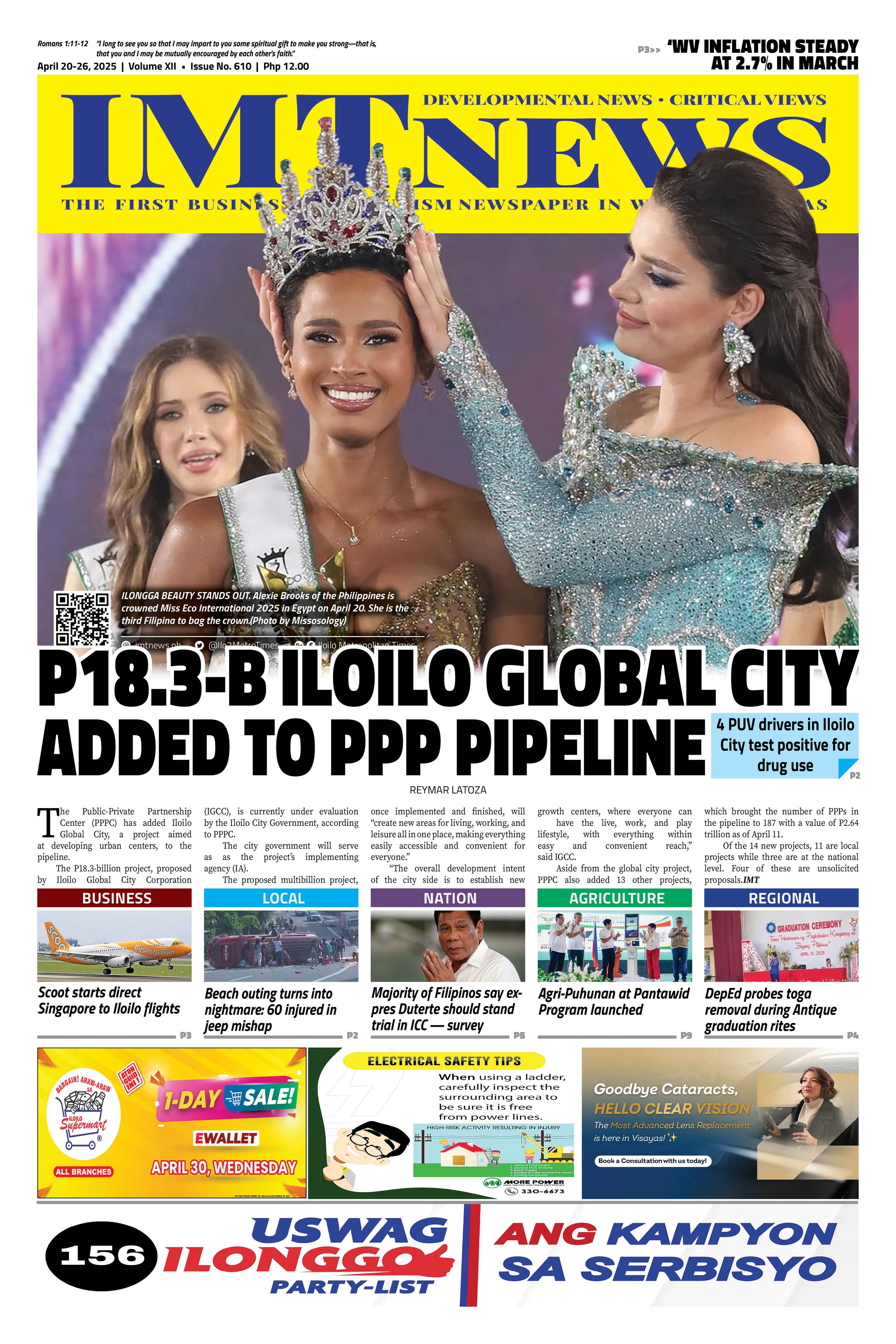Like it or not, math is life. You can’t escape it. It is the very foundation of almost everything. From understanding the stars above our heads, the soil under our feet, the landscape, and skyscraper we see every day, math is the key. This is the reason why we are taught to master it from a very young age to develop our critical thinking and problem-solving ability.
Filipinos, however, are struggling in cracking math. Philippines hits rock bottom in this assessment area in the 2018 Program for International Student Assessment (PISA) National Report of the Organization for Economic Co-operation and Development (OECD). This assessment is held every three years and we participated for the first time in 2018.
Of the 79 participating countries, we are at the bottom. Chinese outperformed Filipinos students in reading, math, and science. China ranked first after scoring 555, 591 and 590, respectively. Filipinos, on the other hand, scored 340, 353, and 357 – all below average.
In mathematical literacy alone, the result showed that majority of Filipino students (80.70%) were classified as having proficiency levels below level 2 or “low performers”, with 54.4% below level 1 proficiency. Only one out of five students (19.7%) attained proficiency levels 2 to 4 or “middle performers”. These students could employ basic algorithms, formulas, procedures or conventions to solve problems involving whole numbers.
Only 0.01% of students were classified as “high performers” or those who could develop and work with models for complex situations, identifying constraints, and specifying assumptions.
They could also apply this insight and understanding, along with a mastery of symbolic and formal mathematical operations and relationships, to develop new approaches and strategies for attacking novel situations.
The result also showed that Filipino students in private schools outperformed those in public school (395 vs 343). A typical student from a private school could answer straightforward math problems, while an average student from a public school might have difficulty doing the same tasks.
The dismal performance of the country in the 2018 PISA report was heart-wrenching but numbers don’t lie. Education Secretary Leonor Briones has ordered the immediate review of the country’s basic education curriculum. The Department of Education has also committed to enforcing true reform through Sulong Edukalidad.
Sulong Edukalidad was DepEd’s formula to solve this problem. The reform covered four key areas: (1) the review and upgrading of the K to 12 programs, (2) improvement of learning facilities, (3) teachers and school heads’ up-skilling and reskilling, and (4) stakeholders support and collaboration. We expect the program to increase the spending of the national government in improving our education system so we can produce globally competitive graduates.
The students’ negative attitude towards math must be changed. Math should not be feared but loved. Finding the value of x must be something fun and meaningful, not stressful and nauseating. For sure, there are Eddie Woos in the roster of Filipino math teachers.

![[OPINION] Finding x](https://i0.wp.com/www.imtnews.ph/wp-content/uploads/2020/01/1578387532619.jpg?resize=640%2C374&ssl=1)





